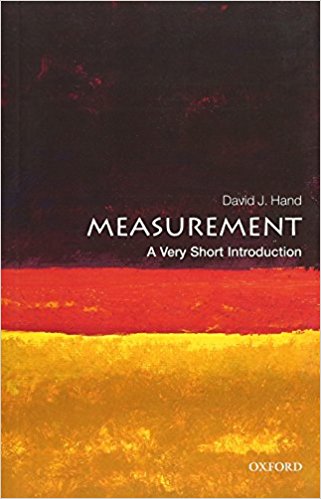Turing’s Imitation Game: Conversations with the Unknown
Rather than being a book about Turing the man, Warwick and Shah focus specifically on Turing’s famous Imitation Game, a tool for judging artificial intelligence or, rather, judging the question of whether a given machine can “think.” This game asks the question, “Can a hidden machine fool a human into thinking they were having a conversation with another human?”
Turing’s Imitation Game is divided into several sections. The first looks at Turing the man, but it is a brief overview only interested in the parts of his life relevant to the invention of the Game. Beyond that, Part One is mostly an overview of history, with sections on Turing’s ideas in regards to thinking machines, a brief history of AI, controversy over the Imitation Game, a history of “conversation systems,” and questions raised by early Turing tests. Part Two focuses on recent practical tests from 2008-2014, with interviews with machine developers and a section on what the future may hold for AI.
I’m not necessarily interested in robotics or cybernetics. I’m a philosopher interested in questions of sentience. The endeavor to create “artificial” intelligence that can grow, learn, and adapt on its own, that can fool humans, does beg the question, “At what point does sentience emerge?” Turing’s Imitation Game is one step in the process, and so it fascinates me. It is by no means a test for human-like intelligence in machines. No, that is a step and a question much further down the road. The question Turing asked was, “Can machines think?” It’s interesting that the criteria used is the ability to communicate, which means, to pass the Turing test, a machine needs to be able to process and understand language well enough to fool a human.
Reading the transcripts from some of the Turing tests is quite amusing. Some are just bizarre. Some come across like toddlers, learning to share conversation and take turns speaking, but each participant (machine and human) is having a different experience. The 2014 tests recorded a success. The Turing test had been passed. This set of tests had been carried out by the authors using five different virtual ‘bots, several of which had been part of previous rounds of testing and improved upon. The authors suggest that the test parameters be expanded to twenty-five minutes now that the five minute parameter has been breached. Their suggestion of a future with “Terminator” tests, where the machines will have evolved to mimic human appearance as well, reminded me of the Star Trek: The Next Generation episode “Measure of a Man,” in which Data, the Enterprise’s android officer, is recalled for study, and the Enterprise crew calls for a tribunal to determine his sentience.
This book at times slowed me down with the technical language, but overall it was a very enlightening read.
Recommended for those interested in Turing, his Imitation Game, and the future of AI.
| Author | Kevin Warwick • Huma Shah |
|---|---|
| Star Count | /5 |
| Format | Hard |
| Page Count | 202 pages |
| Publisher | Cambridge University Press |
| Publish Date | 2016-Nov-04 |
| ISBN | 9781107056381 |
| Bookshop.org | Buy this Book |
| Issue | June 2017 |
| Category | Philosophy |
| Share |






Reviews
There are no reviews yet.